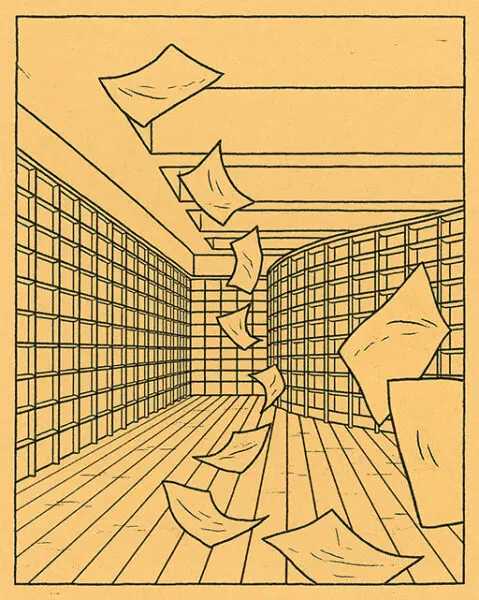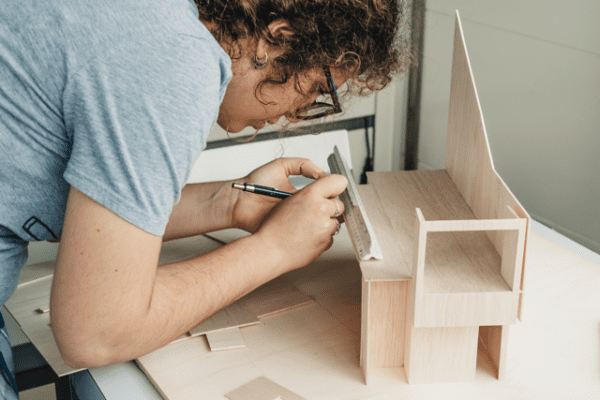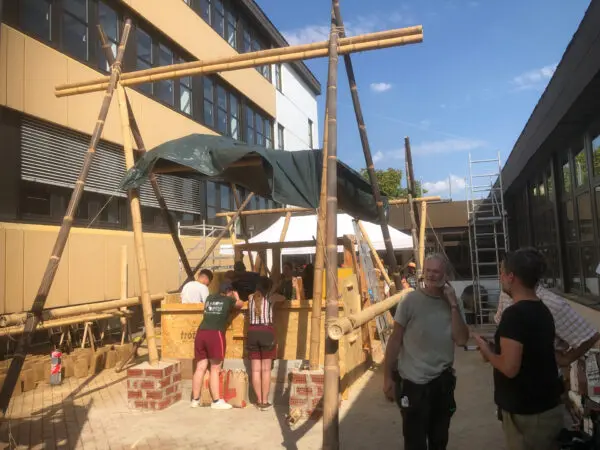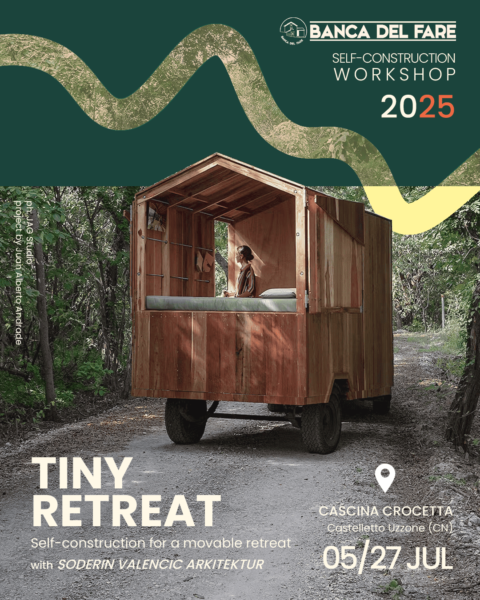
Ghent, Belgium
More Than Chat. What Does AI Mean for Architecture?
When:
15 September - 19 September 2025
Credits:
0 EC
Read more
Architecture
When:
14 September - 26 September 2015
School:
Institution:
"Sapienza" University of Rome
City:
Country:
Credits:
4 EC
Fee:
250 EUR

The summer school aims to provide participants with the theoretical and instrumental skills necessary to deal with the design and construction of responsive surfaces. The theoretical principles relate geometrical aspects, kinematic and interaction with forms. Instrumental skills consist in the ability to work with software and actuation devices, to experience - with the small-scale of physical models - the creation of responsive surfaces.
Director Prof. Graziano Mario Valenti Faculty of Architecture 'Sapienza' University of Rome
Responsive surface Summer School targets students enrolled in an University course (Architecture, Engineering, Industrial Design).
The course consists of a series of lectures (lectures), practice exercises (fablab), modelling, interaction and surfaces design (design lab).
The first part of the course will address the basics of geometric theory required to design kinetic surfaces. Subsequently the course will address algorithms and software useful for their digital implementation; the acquired knowledge will allow students to simulate virtually the designed surfaces. Parallel to the virtual simulation, students will build physical models of kinetic surfaces. These activities will be conducted initially on an experimental basis and subsequently it will be aimed at the realization of the models made during the design activity (design lab) In the final part of the course physical models will be completed with environmental sensors, digital logic and actuation devices, so as to be seen as responsive surfaces.
During the course, students will use softwares like Rhinoceros and Grasshopper together some others plugin, which are necessary to interface and interact virtual models with real surfaces.
Students will also use actuation devices and electronics prototyping platforms such as Arduino and Raspberry. These will have the task of transforming the information from the sensors into actions of surfaces' movement .
Participants will able to use, for experimental purposes, the equipment for physical modeling: three 3D printers, plotter cutting, thermoforming, and a variety of materials for the construction of physical prototypes.
Fee
250 EUR, Quick Fee Student (for payments by 23 of august) - € 250.00 Base Fee Student (between the 24 of august to 6 of september) - € 300.00
Fee
350 EUR, Quick Fee Senior (for payments by 23 of august) - € 350.00 Base Fee Senior - (between the 24 of august to 6 of september) € 400.00
When:
14 September - 26 September 2015
School:
Institution:
"Sapienza" University of Rome
Credits:
4 EC

Ghent, Belgium
When:
15 September - 19 September 2025
Credits:
0 EC
Read more

Wiesbaden, Germany
When:
11 August - 16 August 2025
Credits:
4 EC
Read more

Castelletto Uzzone, Italy
When:
18 July - 27 July 2025
Credits:
3 EC
Read more